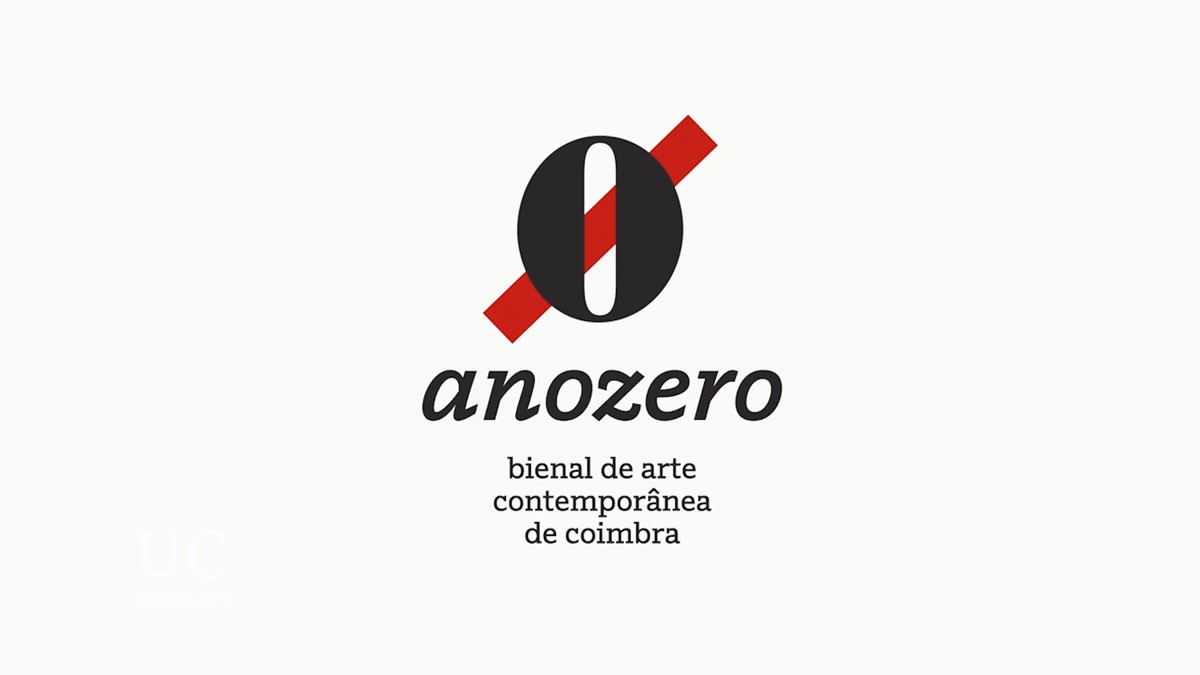Luís Neves, full professor at the Faculty of Science and Technology of the University of Coimbra (FCTUC), was the name chosen by the Portuguese Environment Agency (APA) to represent Portugal in a group of experts provided for in the EURATOM treaty (European Atomic Energy Community), in the field of transboundary radiological impacts over the next five years.
Established in 1957 by the Treaty of Rome, EURATOM aims to promote research, common legislation, and knowledge sharing for the safety of workers and the general public in the field of nuclear energy within the European Union.
The EURATOM group of experts, appointed by the Member States of the European Union (EU) for five-year terms, is responsible for giving opinions and recommendations on new nuclear projects, as well as on alterations or dismantling of existing ones, especially when possible impacts are posed. cross-border issues that may affect another Member State, and on regulatory / legislation matters.

“They are very sensitive materials and have extremely high technicality. For this reason, the group brings together independent experts from different scientific fields, and its members cannot have any relationship with the nuclear industry that constitutes a conflict of interest. The focus of this group of experts is on the propagation of radioactivity, through water, soil or air, susceptible to reaching neighboring countries, that is, of potential transboundary radiological impacts”, stresses Luís Neves.
Despite the risks inherent in the nuclear industry, the specialist in radiological protection and safety at UC notes that “from a legislative point of view, it is a highly regulated and scrutinized sector, with very demanding and rigorous national monitoring bodies”.
Luís Neves also states that, with the energy transition process underway, “we are at a stage when it is more common for issues related to the dismantling of installations and the storage of radioactive waste to arise, than with the implementation of new nuclear installations. In fact, the policy that is being followed in many countries is that, after the life cycle of the current nuclear power plants has ended, there is no need to install new units, instead opting to boost renewable energy”.
“Inevitably, nuclear power plants produce highly radioactive waste, which has to be stored for many thousands of years until radioactivity drops to safe levels, which requires strict safety and monitoring measures in order to avoid impacts on human health and the environment. environment”, concludes the Vice-Rector of the University of Coimbra.






